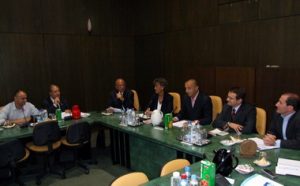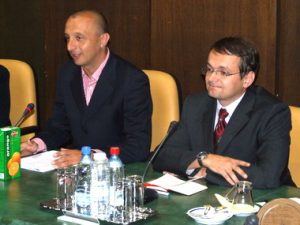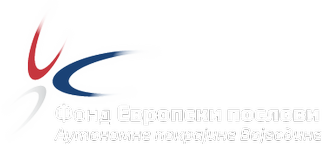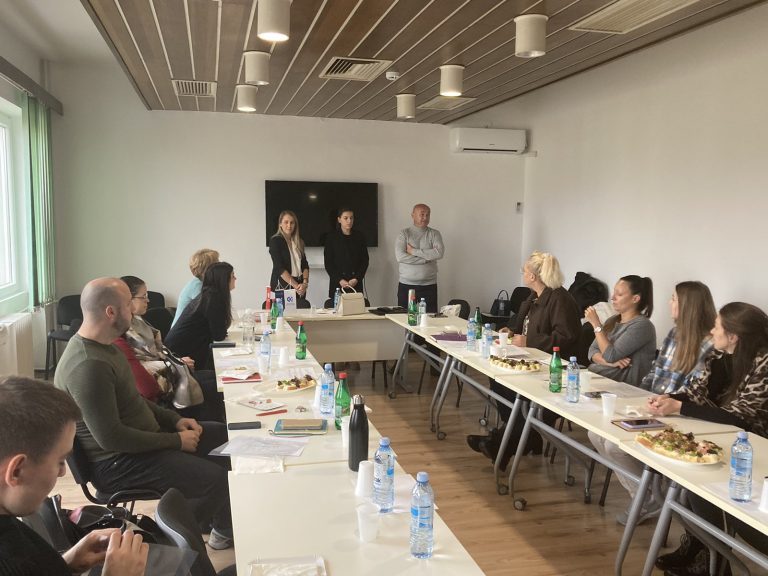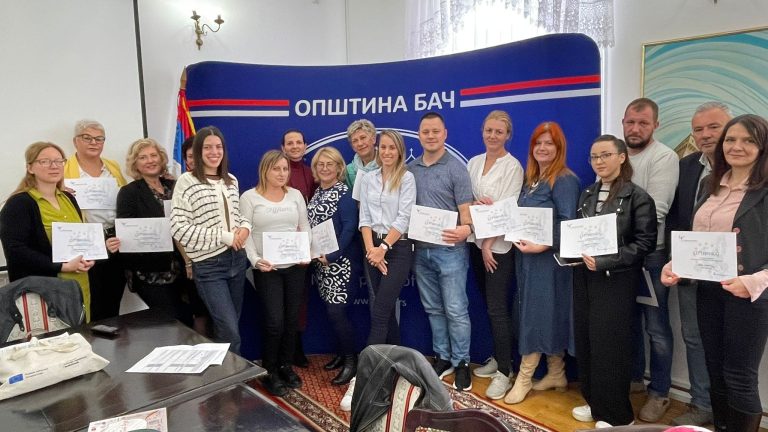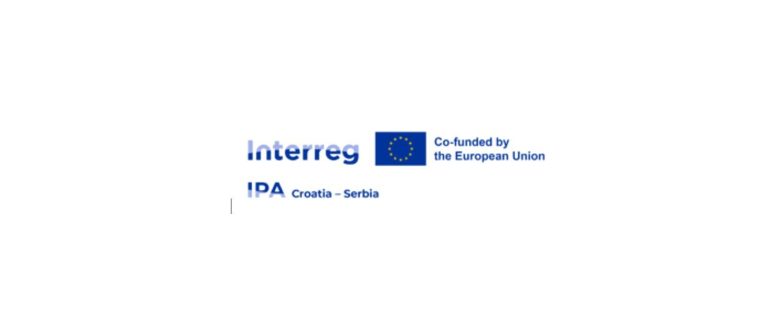Presentation on the study of Agrifood Technology Park of Vojvodina
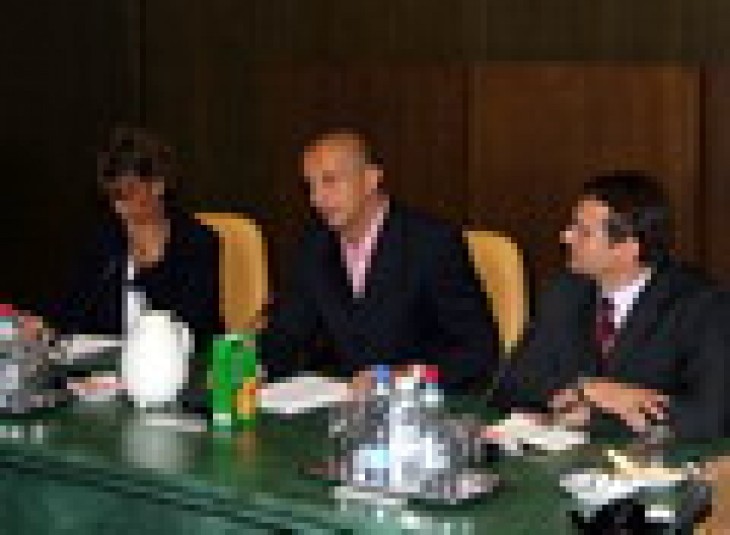
Novi Sad, 31 August – During the visit of the delegation of the Italian region of Umbria to the Autonomous Province of Vojvodina and Novi Sad, a presentation on the feasibility study “Agrifood Technology Park of Vojvodina” has been held at the Executive Council of Vojvodina. It was attended by Siniša Lazić, Provincial Secretary of Economy, Goran Vasić, Director of the Guarantee Fund, Mihailo Brkić, Director of the Development Fund of the Autonomous Province of Vojvodina, Predrag Novikov, Director of the Office for European Affairs, and representatives of local self-governments. Opening the meeting, Siniša Lazić emphasized the importance of successful economic cooperation between Serbia and Vojvodina and Italian regions. “Today’s presentation on the introduction of agro-industrial parks in our country is another small contribution to the process of accession of Serbia, i.e. the Autonomous Province of Vojvodina to the European Union”, said Lazić. ”Vojvodina’s real interest is to establish high quality economic relations with the regions of the European Union, and this project directly proves that”, said Predrag Novikov, stating that the cooperation was developing within the framework of signed protocols. He pointed out that Italy’s support was important for transfer of experience they had gained with the construction of technological parks and development of agencies. “The quality of the cooperation lies in the fact that people in municipalities can independently initiate cooperation on the basis of their projects”, said Novikov.
Marcelo Frattocchie from the Ministry of Economic Development of Italy expressed his hope that the results of the detailed study would be realized soon. He reiterated that Italy believed in regional cooperation and that a precondition for that was that regions were autonomous in their development. According to the Italian guest, it was necessary to have a centre which would make assessments on regional economic development, and that such a type of studies was conducted in cooperation with the country in which they were to be realized. He pointed out the importance of introducing certification of goods, which would help our country in accessing the EU. In Frattocchie’s estimate, there were other possibilities for cooperation as well, for example fairs which were to be held soon in some Italian regions. The 3A Agrifood Technology Park of Umbria (3A-PTA) engaged in devising the feasibility study within the framework of institutional relations which had been established between the two regions in 2005. The feasibility study was to enable those interested from the Italian agro-industrial complex to invest in our agriculture, in compliance with the defined institutional agreements. The feasibility study was one of the projects of the InePS Programme (Italian Negotiated Programming in Serbia) of the Ministry of Economic Development of Italy, aimed at encouraging the realization of projects on territorial cooperation and exchange of experience on the basis of coordinated planning in the Autonomous Province of Vojvodina. A special reason for establishing a similar institution to the 3A Agrifood Technology Park of Umbria in Vojvodina is Vojvodina’s orientation towards agricultural production, the wish of producers to introduce “quality culture”, so that the product value would increase, as well as the willingness of producers to unite in order to occupy a better position on the global market. In addition, Serbia’s excellent geographic position, the road corridors VI and X and Serbia’s good economic relations with the Russian Federation were also important. The role of the University of Novi Sad, i.e. Faculty of Agriculture and Faculty of Technology, in the activities was specially emphasized. The feasibility study had four parts. It consisted of a description of characteristics of the territory, activities the operators from the 3A-PTA had done in Vojvodina, needs analysis of the region and preconditions for the financing of the study. A survey carried out in 35 companies in agriculture and food sector in Vojvodina showed what their needs and priorities were in order to reach EU standards, especially in organic food production. It was said that a great comparative advantage of Vojvodina was the high percentage of uncontaminated land necessary for organic production, which was between 5 and 10 percent, whereas in Italy only 1 to 2 percent. The problem in Vojvodina was the fragmentation of agricultural land, since only 5 percent of farmland parcels was larger than 10 hectares.
